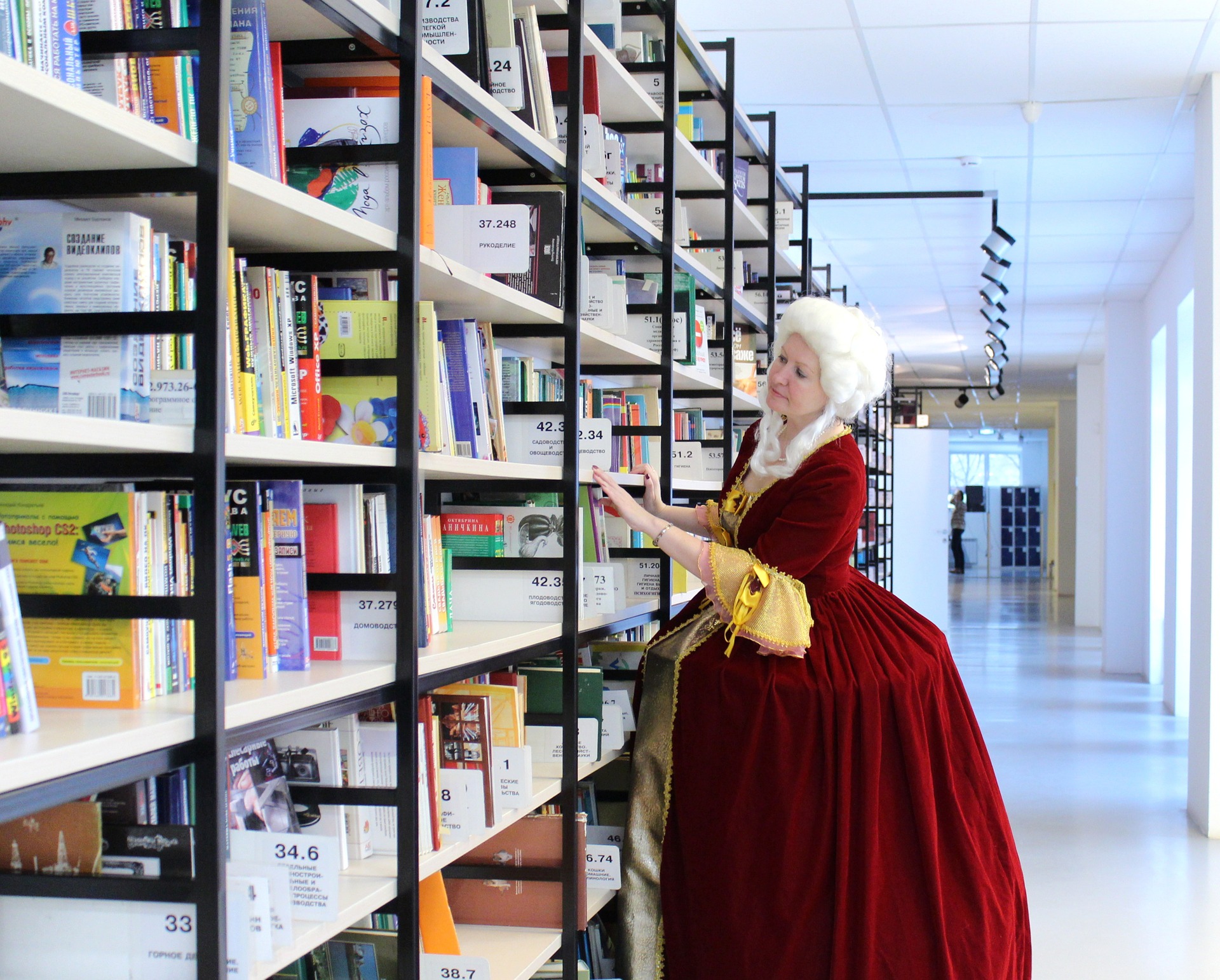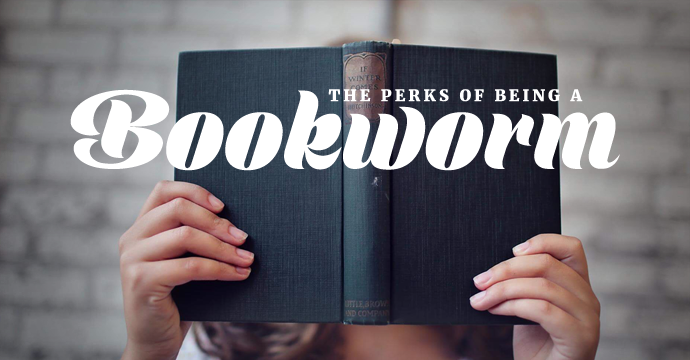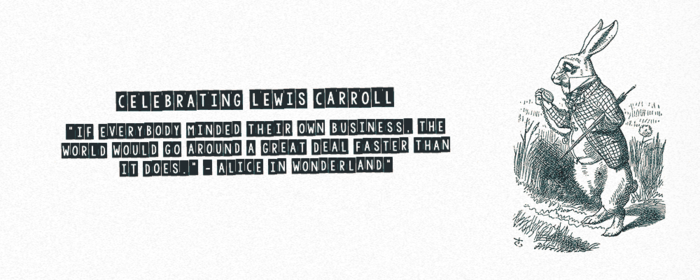Later this month, German-born film director Ronald Emmerich will release his latest and most controversial offering: Anonymous, a historical drama which brings the authorship of William Shakespeare’s plays into question. There’s plenty of books on the subject too: try Contested Will: Who Wrote Shakespeare by James Shapiro. This is not a new theory, but the movie has once again fuelled the debate as to who wrote the legendary plays.
Since the 18th century the authorship of Shakespeare’s plays have been a matter of debate, with different academic scholars offering alternative theories on who could have written arguably the most famous plays in British history. Ideas for the “real” author range from Shakespeare’s literary contemporaries such as Francis Bacon and Edward de Vere, to the down-right absurd: Queen Elizabeth I.
Edward de Vere, who was the 17th Earl of Oxford, has risen to prominence as the most likely fake-Shakespeare. The supporters of this theory are called Oxfordians, as opposed to the supporters of William Shakespeare who are known as Stratfordians, in reference to Shakespeare’s town of birth: Stratford-upon-Avon.
But surely this can’t be right? Ask any schoolchild and they’ll be able to tell you who wrote Romeo and Juliet or A Midsummer Night’s Dream , and it isn’t Edward de Vere. How can anybody think that Shakespeare didn’t write Shakespeare?
Well, on their own, the arguments do sound quite compelling. Take, for example, his name. These days we have a clear, standard way of spelling Shakespeare, and you’ve just read it. But this uniform spelling was only established in the 20th century. The original manuscripts offer a number of different spellings, and Shakespeare himself was known to spell his name “Shakspere” or “Shakespere”. It has been suggested that “William Shakespeare” was simply a pseudonym for Edward de Vere, allowing him more creative freedom than would perhaps be granted to an Earl in the Queen’s court.
If the names don’t do anything for you, then how about the fact that there is no documentary evidence that Shakespeare attended school. Shakespeare’s family were not even literate, and in some scholars’ minds this casts doubts on the likelihood that he could become a renown playwright.
Of course, most academics dismiss the theory of “Edward de Vere is Shakespeare” as nonsense, and intellectual snobbery that a man of William Shakespeare’s background couldn’t possibly be the greatest author in British history. The different spellings of his name can be attributed to how common it was in the 17th century to abbreviate names, even in technical documents.
The theories of different authorship were only voiced many years after his death, and in fact there are a number of accounts from credible sources taken from the time that he was alive, that name William Shakespeare as a talented playwright and a different person entirely for Edward de Vere. There were never even suggestions from any of Shakespeare’s jealous contemporaries that he wasn’t the true author of the plays.
The massive majority of the “evidence” against Shakespeare is in fact highly circumstantial and difficult to disprove, rather than likely. Overwhelmingly scholars and academics believe William Shakespeare of Stratford-upon-Avon was the true author of the plays. But why not read some of the plays themselves and make up your own mind.
By David Wells.r







No Comments